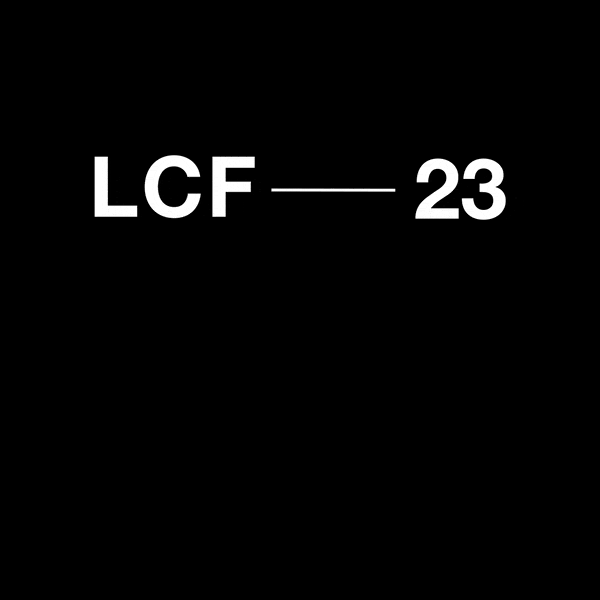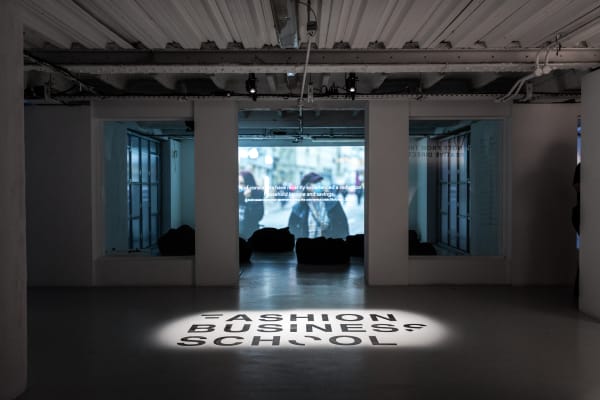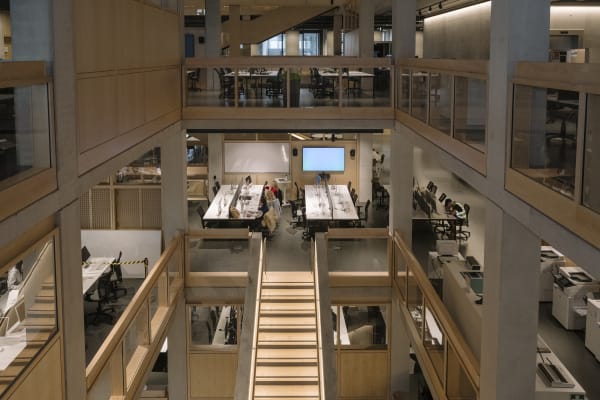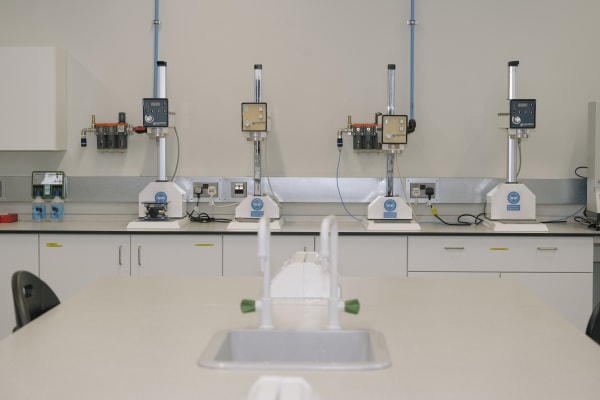Course units
Postgraduate Block 1
Principles of Fashion Business Analytics (20 Credits)
This unit builds the foundation of fashion business analytics, as an entry point into the course's advanced analytics journey. You will explore the role of analytics in fashion business, covering data structures and analytics techniques. You will learn statistical concepts, data science mathematics and essential coding skills. You will develop skills in data wrangling, manipulation, visualisation and be able to generate insights from raw data.
Fashion Consumer Insights (20 Credits)
This unit immerses you in the intricacies of consumer dynamics within the global fashion landscape. You will be introduced to the principles of communication with diverse consumer audiences and the role of data in fashion communication. This unit empowers you to decipher what data reveals about the fashion consumer, offering insights into their preferences and trends. You will develop essential skills in storytelling, enabling you to craft compelling written and visual narratives that resonate with diverse global fashion audiences.
Data Driven Fashion Innovation (20 Credits)
This unit examines the concepts that underpin the use of data in effective product management by critically analysing fashion supply chain and product management processes and practices. It evaluates the field within the context of fashion business models, emerging climate and social justice themes and data driven intelligence.
Postgraduate Block 2
Forecasting and Research in Fashion (20 Credits)
This unit supports the development of your MSc Master’s project. You will develop skills in framing research problems using diverse datasets from the fashion industry. You will explore various research designs and learn the art of conducting various statistical tests to facilitate your investigations. This unit provides essential univariate and multivariate forecasting skills for navigating the dynamic landscape of advanced research in the fashion business.
Artificial Intelligence and Machine Learning for Fashion (20 Credits)
This unit offers a holistic journey through the fashion and technology landscape using machine learning, computer vision, neural nets, and artificial intelligence. You will engage with various algorithms, including classification, regression, clustering, prediction, product recommendation, and optimisation, within the context of the fashion business.
Elective Units (20 Credits)
In block 2, students will have an opportunity to take an elective unit. Individual unit descriptors can be found in the Electives Handbook.
Postgraduate Block 3
Master’s Project (60 Credits)
The Masters Project is the final stage of your Masters’ course and is the is the culmination of your studies and provides you with a space to synthesise all the knowledge and skills you have gained on the course so far. Your project will be self-directed, and you will negotiate the shape and direction of your project at the outset with your supervisor. This important final phase of your studies is where you will effectively communicate your work along with your ability to critically interrogate your practice with robust approaches to research and theoretical analysis. Upon completion of your project, you will have generated a high-level Masters’ quality piece of work that will showcase your practice, academic literacy and the professional standards that will act as a platform for your future career and professional development.









